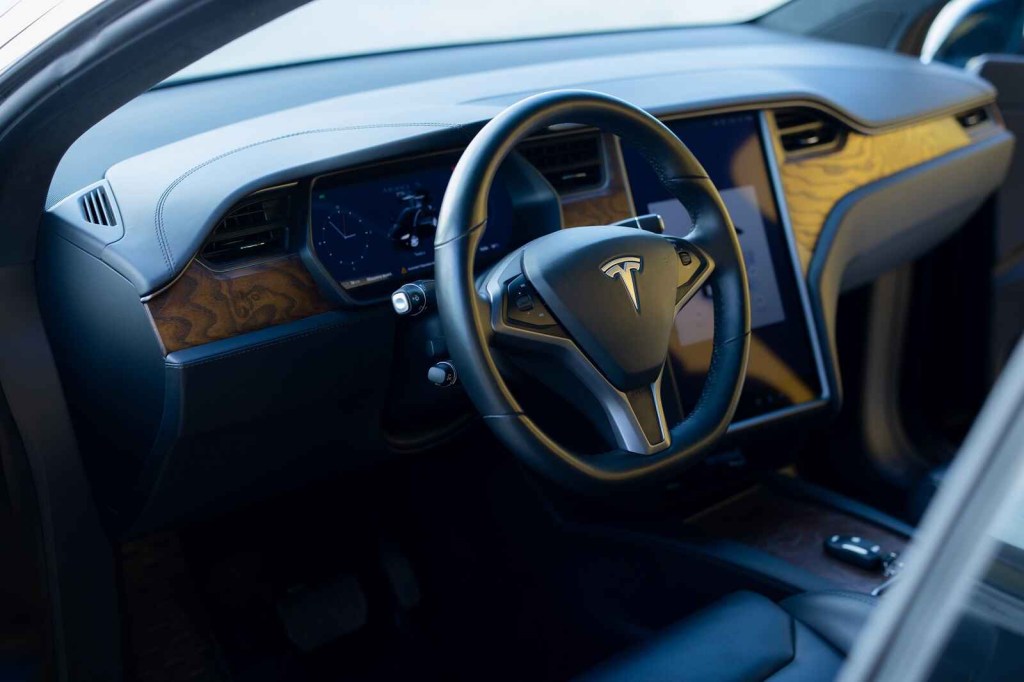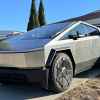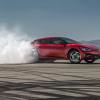
NHTSA Opens New Investigation Questioning Tesla’s Autopilot Recall Remedy
This month, Elon Musk and Tesla have made forward movement with Full Self-Driving (FSD) mode in China. However, there are continuing doubts in the U.S. Last year, Tesla released an over-the-air update addressing Recall 23V838. The update would better “encourage” drivers to remain fully engaged with their Tesla while using Autopilot. On April 25, 2024, the Office of Defects Investigation (ODI) opened a new query. Accidents and deaths related to Autopilot have continued.
During the ODI’s research last year, it “observed a trend of avoidable crashes involving hazards that would have been visible to an attentive driver.” In other words, it found many instances of preventable crashes. The ODI looked at hundreds of front-end Tesla collisions. It found that in more than half of the car accidents, the hazard was visible five or more seconds prior to impact. What’s more, it was also found that, overall, incidents involving the use of Autopilot resulted in crashes of higher severity.

Tesla’s Autopilot recall remedy doesn’t seem to be working
Tesla’s response was to push an over-the-air update. The new software update would disengage Autopilot after attempts to confirm the presence of an attentive driver were ignored. However, collisions have continued. Moreover, Tesla customers have to “opt-in” to the 2023 update, and they can reverse it at will. Additionally, Tesla has continued to release updates on Autopilot that seem to be related to the 2023 recall. However, it hasn’t formally filed them under Recall 23V838.
Now, the NHSTA has posted an ODI Recall Query to determine whether Recall 23V838 properly addressed the problems and whether it’s been sufficiently delivered to consumers.
Full Self-Driving (FSD) Mode is a more advanced version of Autopilot that has been blocked in China for some time. According to recent reports, Chinese authorities will be lifting restrictions on FSD following Tesla’s ability to pass China’s data security requirements. Globally, Tesla is still the top-selling EV automaker. However, the industry is expecting China-based BYD to work agressively to overtake the title.



